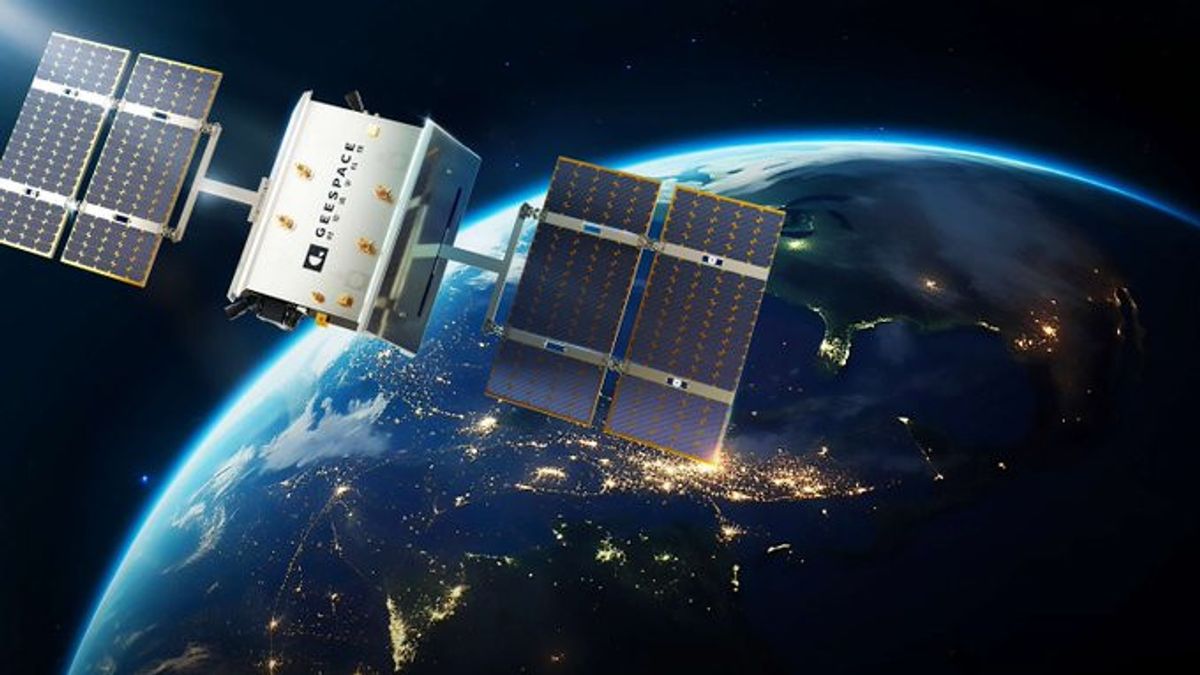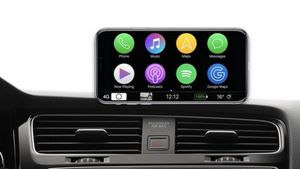The Geely Holding Group Group Group, a Chinese automaker, announced on Saturday 3 February that it had launched 11 low-orbit satellites, their second shipment. This they do to expand Geely's capacity to provide more accurate navigation for autonomous vehicles.
The satellites were launched from the Xichang Satellite Launch Center in the southwestern province of Sichuan, Geely's sources told Reuters.
Geespace successfully launched the second constellation of satellites, comprising 11 satellites, to finish the deployment of the second orbital plane of the Geely Future Mobility Constellation. pic.twitter.com/HPwI5aX7Ap
— Geely Group (@GeelyGroup) February 3, 2024
Geespace successfully launched the second constellation of satelites, comprising 11 satellites, to finish the deployment of the second orbital plane of the Geely Future Mobility Constellation. pic.twitter.com/HPwI5aX7Ap
Geely said they expect 72 satellites to be in orbit by 2025 and eventually plan to have 240 constellations. The first launch will take place in June 2022.
In addition to providing high-precision position support for autonomous cars, Geely said the network will also serve other commercial functions such as connectivity to the consumer electronics sector.
SEE ALSO:
The satellites have the remote sensing function of artificial intelligence (AI), providing a clear remote sensing picture of a high resolution of 1-5 meters (3.2-16.4 feet), the company said.
China's satellite network was dominated by the military but the government began allowing private investment in the country's space industry in 2014. Since then, commercial companies, some supported by the local government, have rushed into the sector, with most of their focus on building satellites and the rest trying to build small launch vehicles including reusable rockets.
In its latest five-year plan for 2021-2025, Beijing has called for an integrated network from satellites for communications, remote sensing, and navigation. China has more than 400 satellites stationed in space, including commercially owned satellites.
The English, Chinese, Japanese, Arabic, and French versions are automatically generated by the AI. So there may still be inaccuracies in translating, please always see Indonesian as our main language. (system supported by DigitalSiber.id)


















